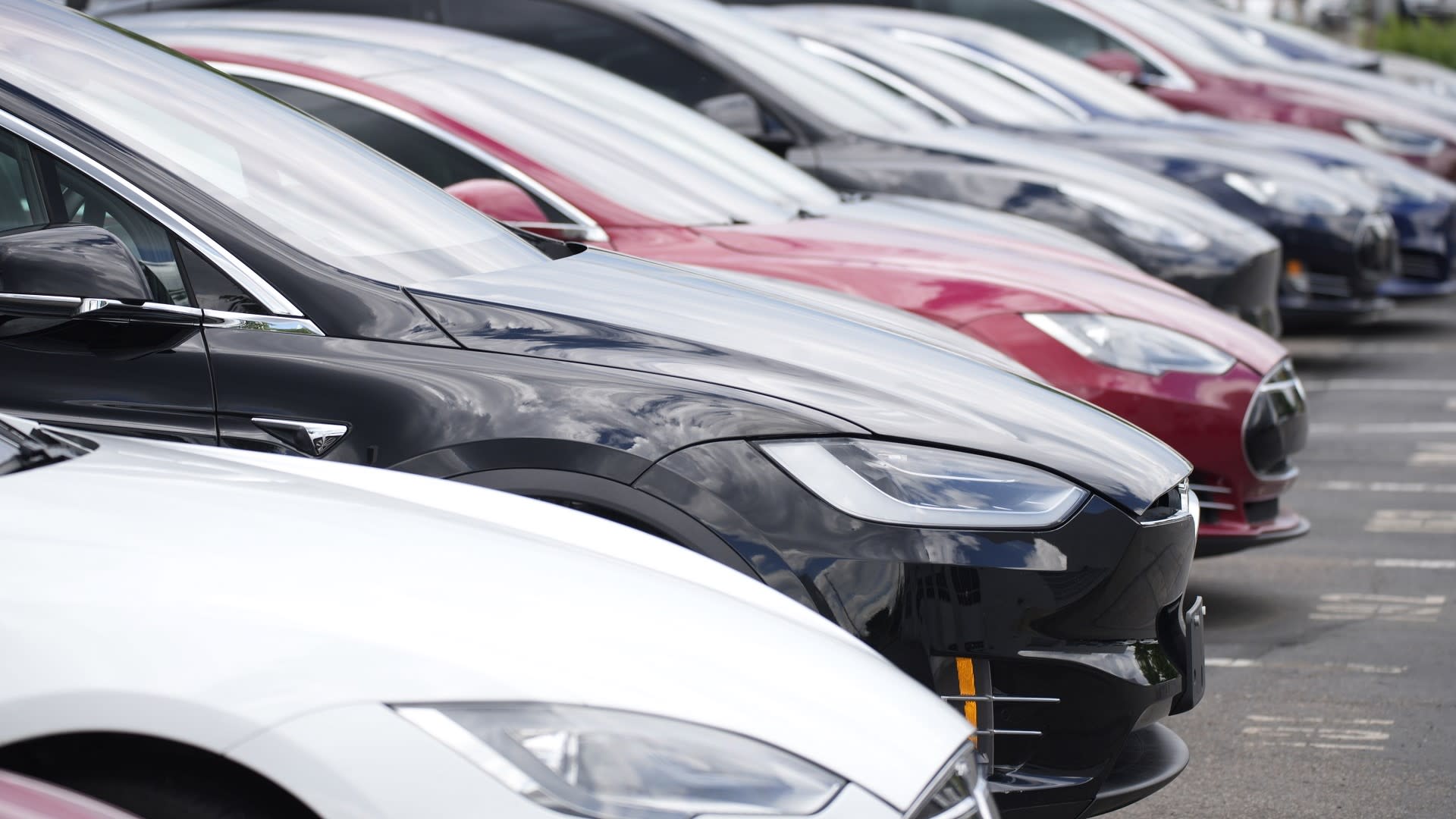Automotives, especially vehicles purchased for everyday use, aren’t typically known for being in terms of accumulating value. That said, certain types of cars are currently expected to drop significantly in value from now through December 31st. “Certain types of cars are likely to take a nosedive in value during the rest of this year,” said Geoff Cudd, the founder of .
“Large sedans and luxury cars that are less fuel-efficient may see significant depreciation due to rising fuel prices and changing consumer preferences towards more economical and eco-friendly vehicles.” Additionally, Cudd stated that “..

.cars with outdated technology or those lacking advanced safety features will also depreciate more quickly as buyers increasingly prioritize these aspects. Vehicles from brands with less reliability or a history of frequent recalls can also lose value faster.
As a result, these types of cars are not-so-good buys in 2024, as their resale value will likely drop, making them less financially viable in the long term.” Cudd, along with some other car experts, . “Despite their [long-standing] popularity, traditional sedans are expected to plummet in value,” said Emil Sultanov, the founder of .
“With the increasing preference for SUVs and crossovers, sedans are losing their appeal. Buyers are gravitating towards vehicles that offer more space, versatility, and perceived safety.” “Luxury sedans from brands like BMW, Mercedes-Benz, and Audi often suffer from steep depreciation,” added Shawn Miller, the senior writer at .
“In 2024, the market is increasingly favoring SUVs and electric vehicles (EVs) over traditional sedans. This shift in consumer preference means luxury sedans could see significant drops in value.” The shift towards cleaner energy and stricter emission regulations is accelerating the decline of diesel-powered vehicles, according to Sultanov.
“As many regions implement bans or restrictions on diesel engines, their resale value is expected to drop sharply,” Sultanov described. “This is particularly true for older models that do not meet the latest emission standards.” “Certain luxury cars, especially those from brands with steep depreciation curves, will see significant value declines,” Sultanov said.
“Factors such as high maintenance costs, expensive insurance, and rapid technology obsolescence contribute to their diminished appeal.” Brands known for their rapid depreciation include Jaguar, Maserati and Alfa Romeo, according to Sultanov. With fuel prices stabilizing and consumers preferring larger vehicles, compact and subcompact cars are losing market share in Sultanov’s professional opinion.
“The demand for these smaller cars is dwindling, leading to a drop in their resale value,” Sultanov noted. “Additionally, the rise of electric vehicles (EVs) is also impacting the desirability of traditional gasoline-powered compact cars.” The compact car segment has been losing ground to crossovers and small SUVs for years, according to Miller.
“This trend is expected to continue in 2024, causing compact cars to depreciate rapidly,” Miller continued. “Consumers prefer the practicality and style of crossovers, making compact cars less desirable.” Sultanov shared that while hybrid technology was once the pinnacle of fuel efficiency, advancements in EV technology are overshadowing older hybrids.
“These vehicles are now perceived as a middle ground, with consumers either opting for traditional gasoline engines or fully electric options,” Sultanov continued. “As a result, older hybrids are expected to see a significant decrease in value.” “Older hybrid models that don’t offer plug-in capabilities or advanced fuel efficiency will likely see a drop in value,” Miller explained.
“As newer, more efficient hybrid and fully electric models enter the market, outdated hybrids will become less attractive to buyers.” “Cars from brands that have announced discontinuations or significant model changes often see accelerated depreciation,” Miller said. “Buyers tend to shy away from vehicles that are no longer being produced due to concerns about parts availability and future resale value.
” “Cars that have been discontinued by manufacturers often face steep depreciation,” Sultanov said. “The lack of ongoing support, parts availability, and perceived obsolescence make these vehicles less attractive to buyers.” Notable examples, as highlighted by Sultanov, include the Ford Fusion, Chevrolet Impala and Toyota Yaris.
This includes not only large gas-guzzling SUVs but internal combustion engine (ICE) vehicles as well. “With rising fuel prices and a growing focus on environmental sustainability, large SUVs with poor fuel efficiency are expected to depreciate quickly,” Miller said, highlighting that models like the Cadillac Escalade or the Lincoln Navigator may see reduced demand, leading to lower resale values. “As the automotive industry moves towards electrification, traditional ICE vehicles, especially those without hybrid technology, are expected to lose value faster,” Miller noted.
“With more governments implementing stricter emissions regulations and consumers leaning towards eco-friendly options, ICE cars will face diminishing demand.” “As always, cars with high mileage are prone to value drops, but this trend is expected to intensify in 2024,” Sultanov explained. “With the increasing availability of low-mileage used cars and the growing interest in certified pre-owned vehicles, high-mileage cars will struggle to retain their value,” Sultanov said.
“While sports cars are thrilling to drive, they often suffer from high depreciation rates,” Miller explained of vehicles that have a lot to offer on the outside, but lack value on the inside. Models from brands like Maserati, Jaguar and even some from Porsche could see a sharp decline in value as their niche market shrinks in Miller’s professional opinion. “The high cost of maintenance and insurance further exacerbates their depreciation,” Miller said.
This article originally appeared on :.



















